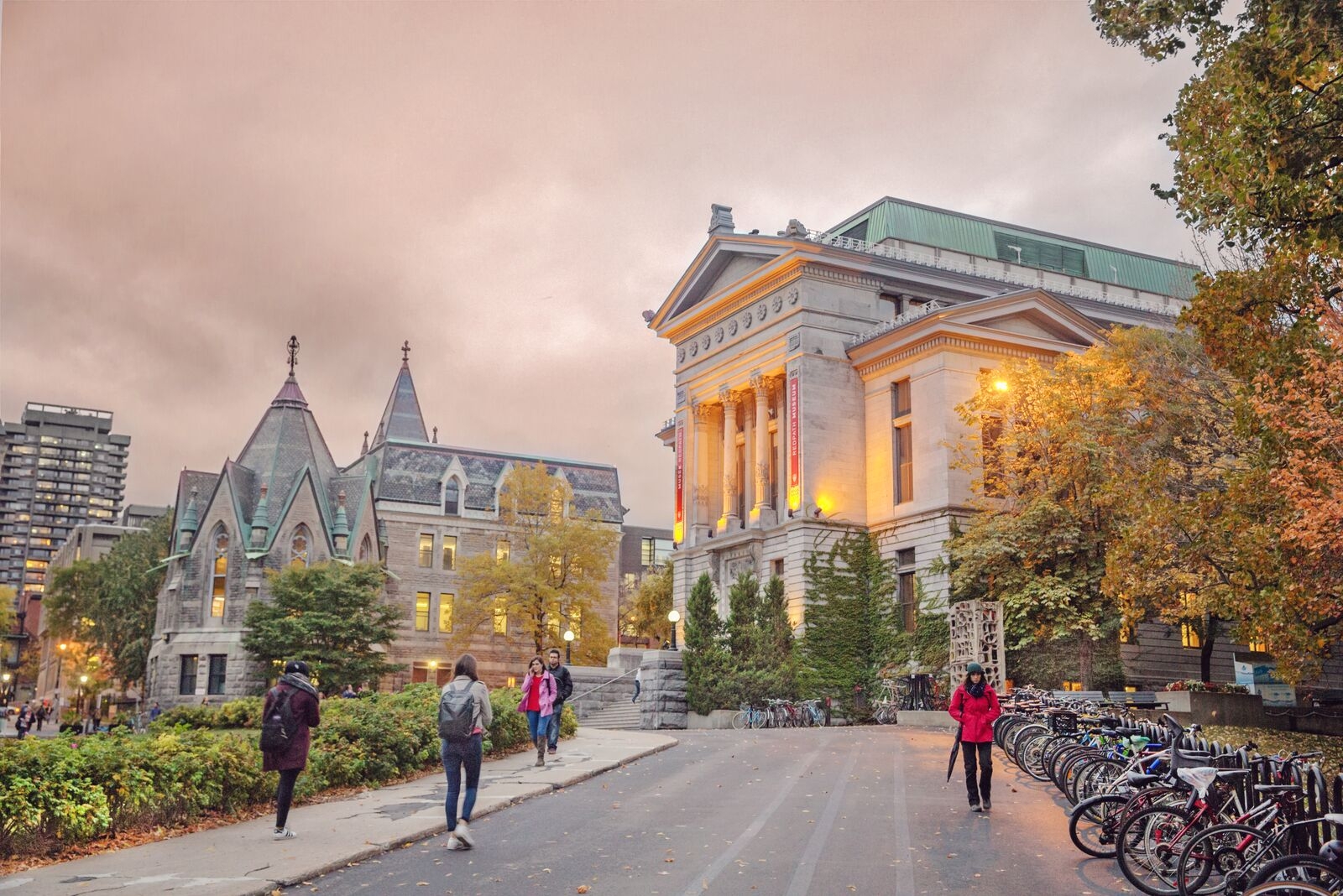McGill ranks 44th among the top 1,662 universities in the world, and third in Canada, according to the Times Higher Education (THE) World University Rankings released Sept. 1. This signals a four-spot drop from McGill’s previous 2021 placement.
The London-based ranking organization grounds its ratings in 13 separate performance indicators designed to assess the full range of university activities. The most important categories include quality of teaching, research output, and citations, which the THE weighs at 30 per cent each. The remaining 10 per cent is based on industry income, which measures the commercial impact of an institution’s research and international outlook.
Phil Baty, chief knowledge officer at the THE, noted that the international outlook metric, which reflects the ratio of international to domestic students, cemented McGill’s position among the world’s top 50.
“[McGill] remains one of the world’s most internationally connected universities, with a truly global reach,” Baty said. “Its stand-out score is for international outlook, a university’s ability to draw in international talent, both faculty and students, and its research collaborations with institutions and academics outside Canada.”
Baty explained that when compiling their ranking, the THE analyzed over 80 million citations across more than 13 million research publications this year, including survey responses from 22,000 scholars worldwide.
Baty attributed McGill’s modest drop in world rankings to growing international competition.
“Specifically, McGill was overtaken this year by a group of European universities, KU Leuven in Belgium, Heidelberg University in Germany, the Federal Institute of Technology in Switzerland, and Paris Sciences and Letters in France,” Baty said. “Often when margins are so tight, and competition is so intensive, a university can still improve and get overtaken by institutions improving more quickly. Rankings are of course a zero-sum game, and the reasons can be subtle.”
McGill placed 16th in law and 24th in the clinical, pre-clinical, and health sciences this year, according to the THE’s global rankings by subject. In an email to The McGill Tribune, Frédérique Mazerolle, McGill’s media relations officer, highlighted the university’s academic legacy in the health sciences, underscoring the latest research that has amplified McGill’s international reputation.
“McGill has a long history of important contributions in health and life sciences […] that continues to this day,” Mazerolle wrote. “From the ground-breaking work our researchers are leading on dementia treatment and care, to leading-edge therapies in cancer care, to the extraordinary efforts across our community over the past 18 months in the effort to combat the ongoing COVID-19 pandemic, the recognition through McGill’s global rating in these areas is a testament to the outstanding people who together form our extraordinary community.”
McGill has also been ranked by other organizations such as Maclean’s Magazine and Quacquarelli Symonds. Although rankings have no impact on McGill’s provincial funding, they have a track record of influencing university admissions, as students often use the rankings to determine their university choices. However, a growing number of students, including U2 Arts student Olivia Candido, have expressed skepticism toward the methodologies used by global ranking systems in recent years.
“It is puzzling to me that nowhere do these [organizations] concern themselves with the public good or meaningful change taken up by the university,” Candido said. “Those are the factors that should be top of mind, but they simply are not built into the infrastructure [of rankings.]”
For Brooklyn Frizzle, U3 Science student and former Students’ Society of McGill University vice-president (VP) of university affairs, the main drawback of university rankings is their failure to reflect the day-to-day experiences of undergraduate students.
“In many ways, university rankings are not representative of student experiences,” Frizzle said. “They are only based on a handful of things, that is to say, publications, research funding, and awards for their staff [….] While important, these factors are not what matters most to the ordinary student, especially not the ordinary undergraduate student.”









